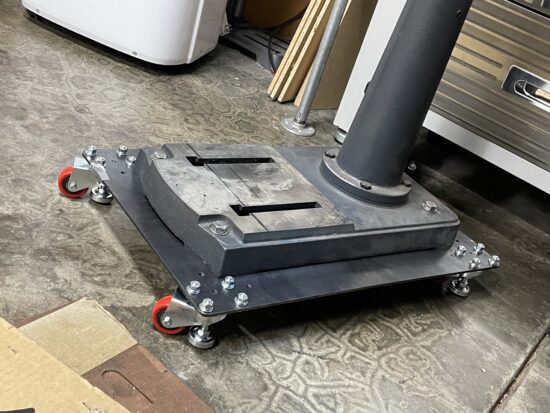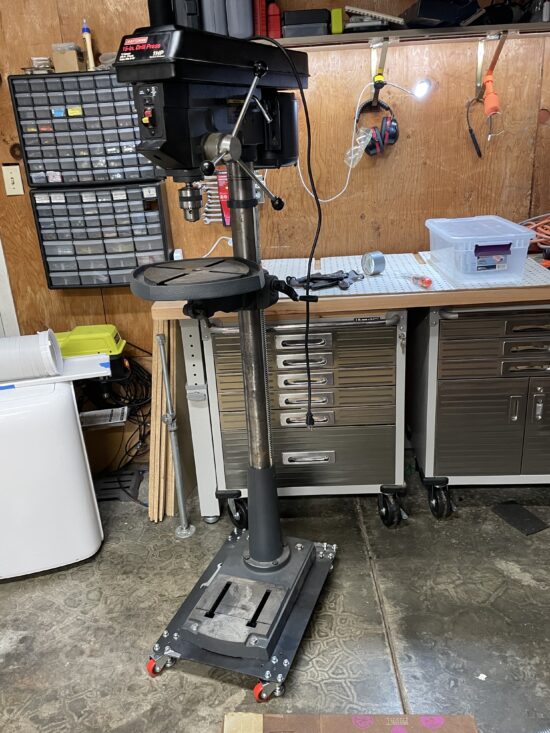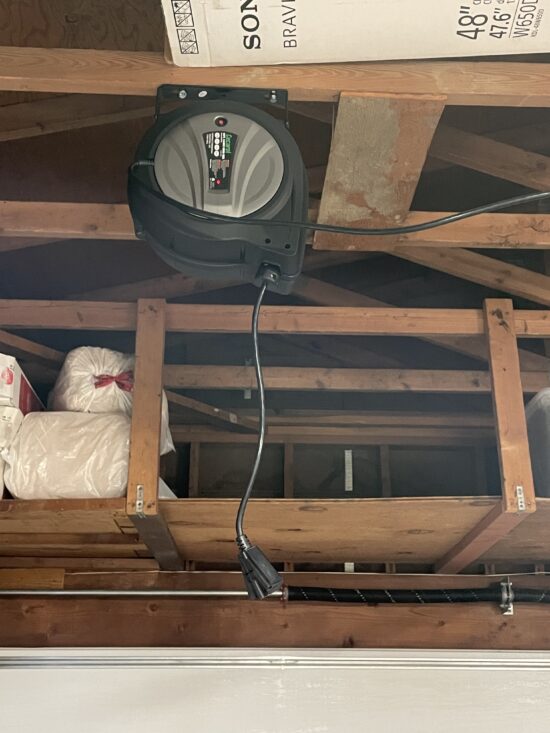It’s the morning of the third day, and I’m still alive. That bodes well; one could extrapolate that trend over the duration of the workshop and conclude that I’ve got almost two weeks of life to look forward to.
Monday was my Big Day. I’m actually in two conferences, one in the mornings in which novelists whack on each other’s work, and one in the afternoon for short stories. The two workshops are run quite differently. The novel bash is a moderated discussion in which everyone participates in a guided discussion, working out rough spots in the story outline, brainstorming with the author. The author is then given specific goals to achieve over the next few days, to be shared with the rest of the group in week two. The format of the short story workshop is simpler but more direct—each writer submits three short stories before the workshop begins, and each story is critiqued briefly by each of the other participants and two leaders. At least one story will be revised and critiqued again in the second week.
On Monday, thanks to lucky scheduling, my novel was treated in the morning while one of my short stories was whacked on in the afternoon. Quite a baptism for someone who has never gone through this before. My novel is unusual in that it is much more complete than any of the others; the workshop is really more oriented toward working out kinks earlier in the writing process. I think this made people a bit nervous about suggesting too sweeping of changes. Overall, three comments stand out over a host of other useful tidbits: The dialog and language are excellent, the story is woefully lacking in setting, and my other materials do not sufficiently communicate the full scope of the work. There were many other suggestions as well, some relating to specific parts of the story, some relating to overall technique. I won’t give you the full list here; it is rather long and some of them I’m still internalizing some of them myself. Although there is the minor issue of deleting the first two chapters (and probably more). One comment in particular about establishing setting stands out as one of those obvious-once-you-hear-it things that can really raise my game. That alone was worth the price of admission, in my book. I still get excited thinking about the possibilities.
The process was friendly but rather stressful; it’s not easy to have your baby scrutinized that way. The instructor was a bit worried about my reaction, I think; seeing as I was new to this and all and that some of the changes would require a pretty massive rework. On the way to lunch she sounded me out, saying that my dialog in the part she read was the best she’d seen in a workshop in years, and that if she wasn’t confident in my ability to reproduce it she might not have suggested all those changes. (Or something like that; after the ‘best dialog in years’ part there was a humming in my ears that drowned out the rest.)
The afternoon format is more traditioinal for workshops, as I understand them. It is less collaborative; one person speaks his piece about the story in question, then the ball is passed on to the next. Critiques are necessarily short and of course are focussed on what cold be better about a story. There were some good stories that afternoon, heavy with symbolism and metaphor, commentaries on the human condition. Then there was mine, a short humor bit. As the other stories were dissected, I sat with a growing knot in my stomach. There just wasn’t enough in my piece to scrutinize like that. It was lightweight.
My moment came. The first person said, “This was funny, but…” and gave some constructive advice. The next person said, “I laughed out loud, but…” and also had some good comments. And so it went. Some of the folks were more critical than others, but no one tried to judge the story as anything other than what it was. By the end of having people tell me what was wrong with it, I was smiling, both from relief and from the knowledge that with some revision it’s a story a larger audience will enjoy.
So, what with all the good advice I’ve already received and the insights I’ve gained critiquing other people’s work, I’m glad I’m here. There is certainly something to be said for hanging out with other writers now and then.
Sharing improves humanity:




